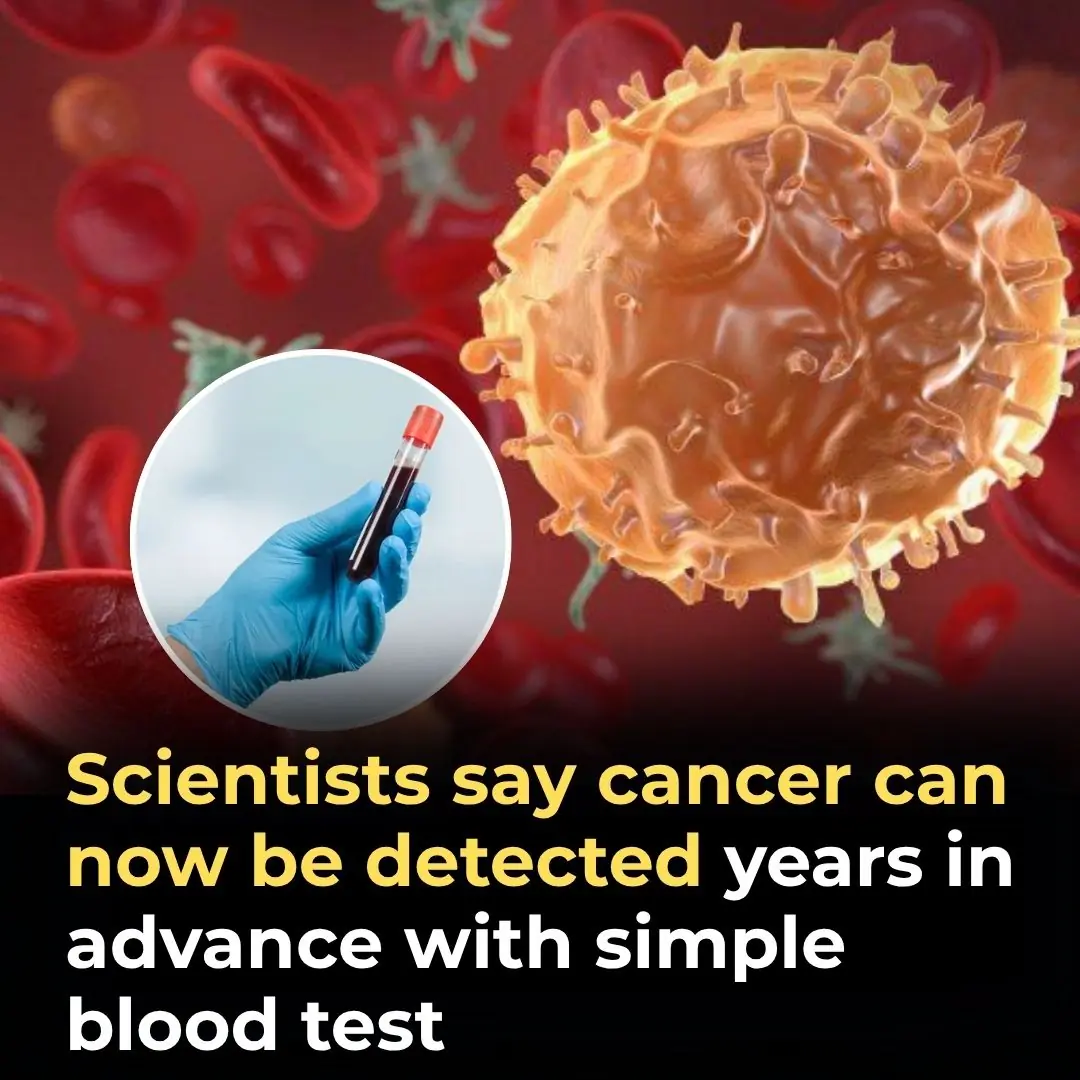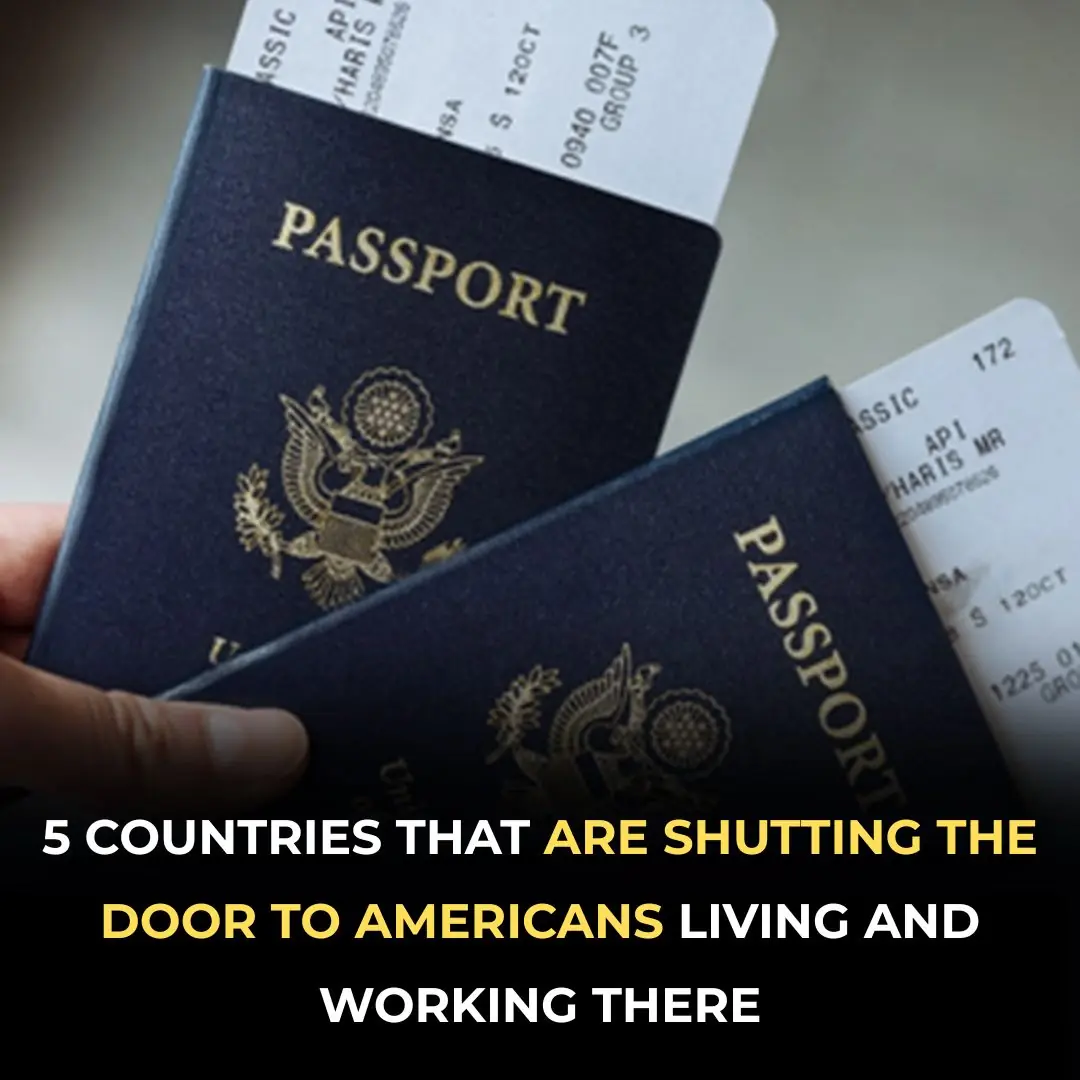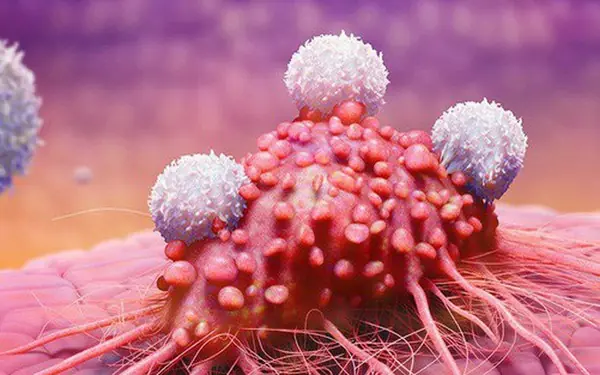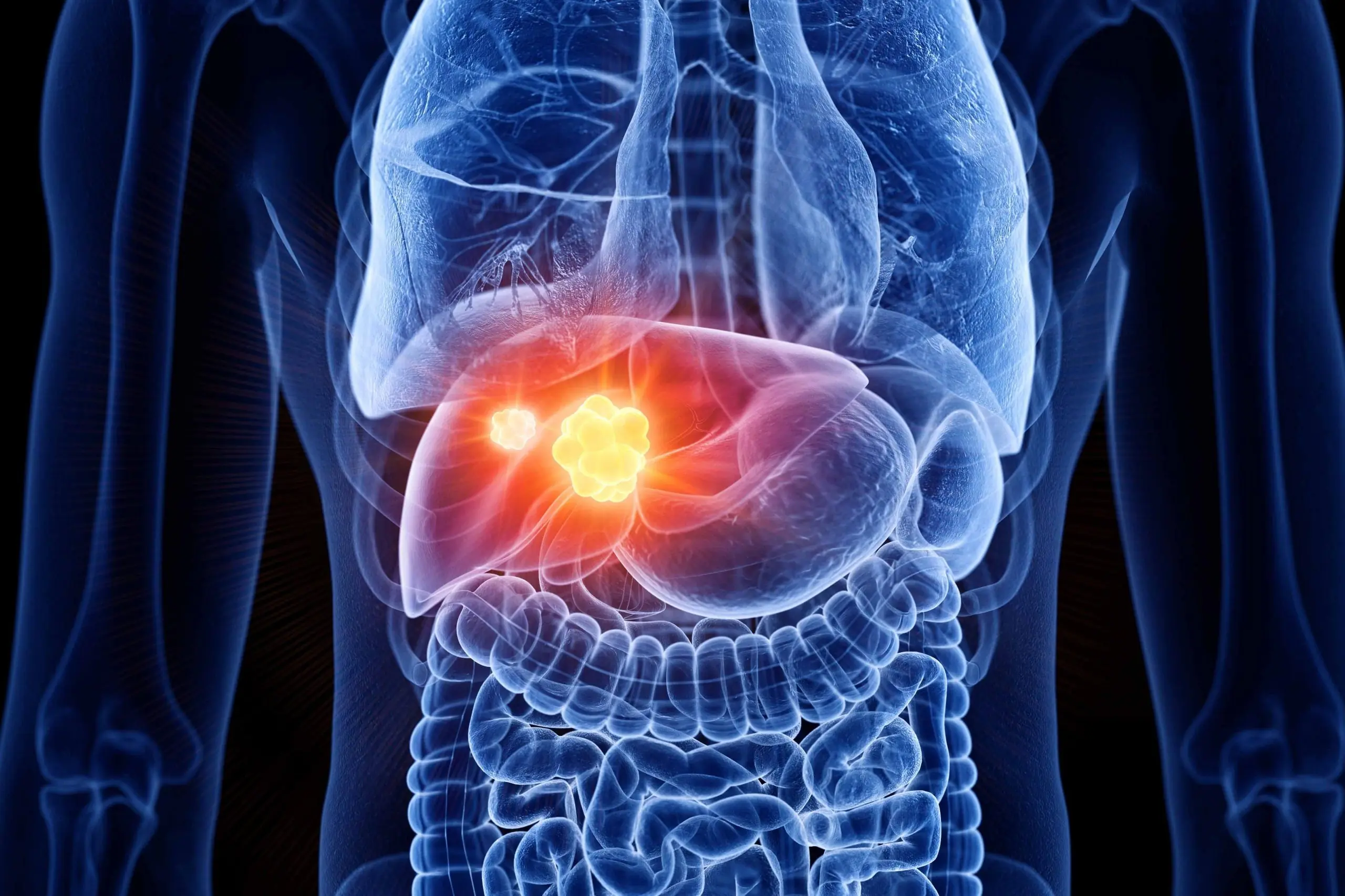When researchers set out to study traffic accidents in Ontario, Canada, they didn’t expect to stumble across a striking pattern related to COVID-19 vaccination. Yet a large-scale analysis of more than 11 million individuals revealed a surprising trend: people who had not received the COVID-19 vaccine were significantly more likely to be involved in serious motor vehicle accidents.
At first glance, the connection might seem implausible. After all, what does a virus have to do with driving? But as the data show—and as researchers carefully unpack—the link isn’t about biology. It’s about behavior. The study, published in the American Journal of Medicine, suggests that certain personality traits or belief systems that influence vaccine hesitancy may also correlate with a greater likelihood of engaging in riskier behavior on the road.

A Surprising Link Between Vaccination Status and Road Safety
An extensive Canadian study has uncovered a surprising and statistically significant connection between COVID-19 vaccination status and the likelihood of being involved in a serious motor vehicle accident. Published in the American Journal of Medicine, the research analyzed anonymized health data from over 11 million adult residents of Ontario, representing a broad cross-section of the population. Among this group, about 16 percent had not received a COVID-19 vaccine. Yet this same subgroup accounted for roughly 25 percent of traffic accidents that resulted in hospital admissions during the study period—a discrepancy that prompted further scrutiny from researchers.
After controlling for variables such as age, sex, geographic location, pre-existing medical conditions, and socioeconomic status, the study’s authors found that unvaccinated individuals faced a 48 percent higher risk of being involved in a traffic accident serious enough to warrant emergency medical care. This elevated risk remained consistent across diverse demographics and was not confined to any particular age group or community. To offer context, the researchers compared the risk to other known health-related factors that influence driving safety. For instance, the increased accident risk among unvaccinated individuals was comparable to the heightened danger associated with sleep apnea—a condition that impairs alertness—and exceeded the risk levels observed among individuals with diabetes. However, it was notably less severe than the elevated risk posed by driving under the influence of alcohol.
Crucially, the study does not suggest that receiving a COVID-19 vaccine directly alters a person’s ability to drive or their physiological response behind the wheel. Instead, the researchers propose that vaccination status may act as a behavioral indicator, reflecting underlying attitudes toward health guidelines, risk perception, and authority. “Simple immune activation against a coronavirus… has no direct effect on traffic behavior,” the authors wrote, emphasizing that their focus was not on biological causality but rather on behavioral correlation. The underlying theory is that individuals who resist public health recommendations—such as vaccination—may also be more likely to disregard other safety norms, including those related to driving.

This correlation raises important questions about how personal beliefs, trust in institutions, and willingness to engage in collective risk-reduction efforts might extend beyond health decisions and into other domains of daily life, such as transportation safety. While causation cannot be definitively established from this data alone, the findings underscore the potential for broader social behaviors to manifest in unexpected and sometimes dangerous ways.



























